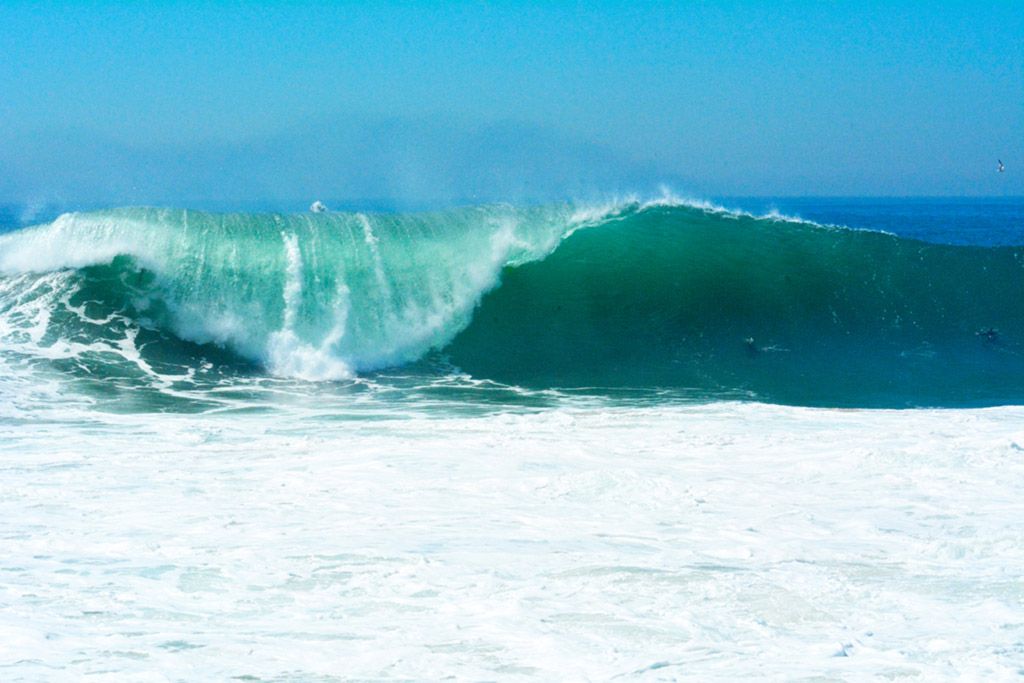
VCs are widely perceived to be groupthink aficionados. (What do we invest in? Whatever they are investing in next door!) There is some truth to this notion — clearly, many investments are thesis driven, and intelligent investors are going to recognize the same trends in the marketplace and reach similar conclusions.
One aspect of that groupthink that is lesser noticed is the groupthink among founders. Hundreds of startups don't just materialize out of thin air — founders have to conceive and build their products. They see the same trends in the marketplace as investors, so as an ecosystem, everyone ends up on the same wavelength pretty quickly.
Nowhere is this more obvious than in the the Great Bots Startup Explosion of the past twelve months. There doesn't seem to be a day that goes by than I don't receive some fundraise deck for another take on the future of our bot economy. Unfortunately, the "bot economy" is a bit like the economy of East Timor — it literally exists, albeit so small that it probably is irrelevant (and probably for some time!)
Desperate Waves
Why then have investors and founders spent so much time on the space?
VCs have gotten more sophisticated in our understanding of where returns come from in the technology space. We now understand that with massive outliers, most of the returns in our industry come in "waves": changes to technology that disrupt old companies and ensure that new startups can pick up wallet share or eyeballs from incumbents.
In the 1990s, the wave was the Internet, which upended traditional consumer and enterprise businesses almost completely. In the 2000s, we had the combination of social, mobile, and cloud (which also includes SaaS) — absolute tidal waves that completely refactored whole industries. Ten years ago, there were no iPhones, barely Amazon Web Services, and Facebook had barely reached its infancy. It's almost hard to imagine that time today.
VCs need waves of change to drive returns, so we are always on the hunt for the next tidal wave. We were fortunate for ten years starting in the mid-2000s to be living during one of the most transformative times in technology. But those waves are starting to really ebb as maturation and saturation reach their peak.
Thus, investors are hyper alert to anything that might be the next change. Take deep learning. It's a new model in artificial intelligence (actually, it's not that new, but the processing power to operate it is now more commonly accessible). The thinking went from "this is academically interesting" to "this will completely transform every industry in the economy," almost overnight. Now I have seen dozens of fundraise decks that mention "deep learning" as one of their key features.
When we look at the waves that investors are interested in now like artificial intelligence/machine learning, bots, cryptographic currencies, virtual reality, containers, and more, we face a real problem: all of these trends are just super early. Not every startup in these categories are too early mind you, but it is hard to see how several hundred bot startups are going to find traction in the next 24 months.
The issue isn't that these new waves aren't meaningful; indeed, they may be just as fundamental as cloud and mobile were ten years ago. Instead, the problem is that VCs are jumping on top of these waves with such alacrity that new technologies barely have time to breathe before the money just starts to dump on them. It's the same story with bots, deep learning, containers in enterprise, and more. Like a mid-30s gent who suddenly realizes that the marriage market is losing its liquidity, VCs are glomming on to any trend that might just be the ticket to riches.
The answer is to take a step back and breathe. Each of these waves is super early and in its infancy, and each of them is going to have to mature over the next few years. The virtual reality company to invest in may be here today, or it might be here five years from now. I won't necessarily follow the wave up, but I also won't follow the wave back down.
If anything, that should hearten founders who are entering spaces that are already insanely competitive. The "one" can come at any time, and investors need to be more steady in reading the markets. Let the waves happen organically, without juicing them too early with capital showers. Innovation is hardly dead, but it does take time.